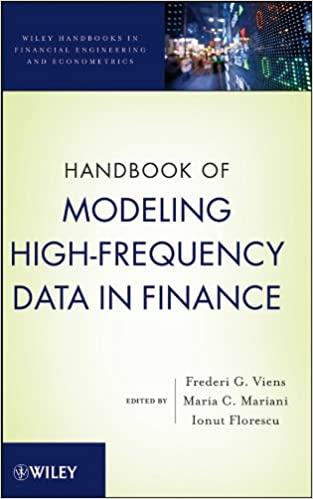Suppose that a firm has a price-earnings ratio which is higher than a value deemed to be normal. Investors tend to infer from this information
Suppose that a firm has a price-earnings ratio which is higher than a value deemed to be normal. Investors tend to infer from this information that
| a. | the firm's bonds will increase in their ratings. | |
| b. | the firm's bonds will decrease in their ratings. | |
| c. | the firm's stock is over-valued and one should consider selling the stock. | |
| d. | the firm's stock is under-valued and one should consider buying the stock. | |
| e. | the firm will be paying increased dividends. |
For an orderly transfer of a probate estate, an individual needs
| a. | to be married. | |
| b. | to have their parents living. | |
| c. | to have named beneficiaries for some of their assets. | |
| d. | to have completed a valid will. | |
| e. | to have an established retirement account. |
Which type of tax has an "income cap," i.e. a maximum income that exempts the consumer from further taxes of this type for the rest of the year after their income reaches this level?
| a. | federal income taxes | |
| b. | Social Security taxes | |
| c. | Medicare taxes | |
| d. | all of the above | |
| e. | none of the above |
Step by Step Solution
There are 3 Steps involved in it
Step: 1

See step-by-step solutions with expert insights and AI powered tools for academic success
Step: 2

Step: 3

Ace Your Homework with AI
Get the answers you need in no time with our AI-driven, step-by-step assistance
Get Started


